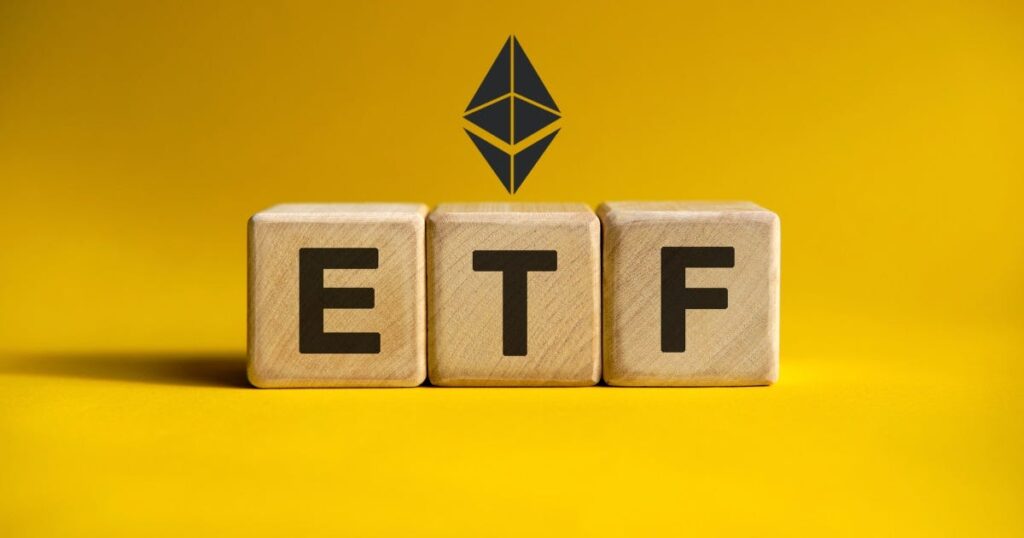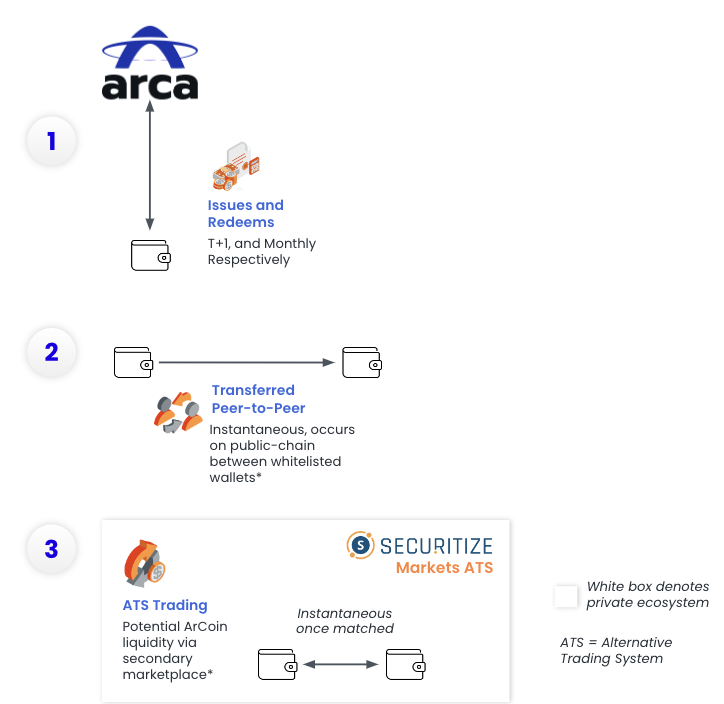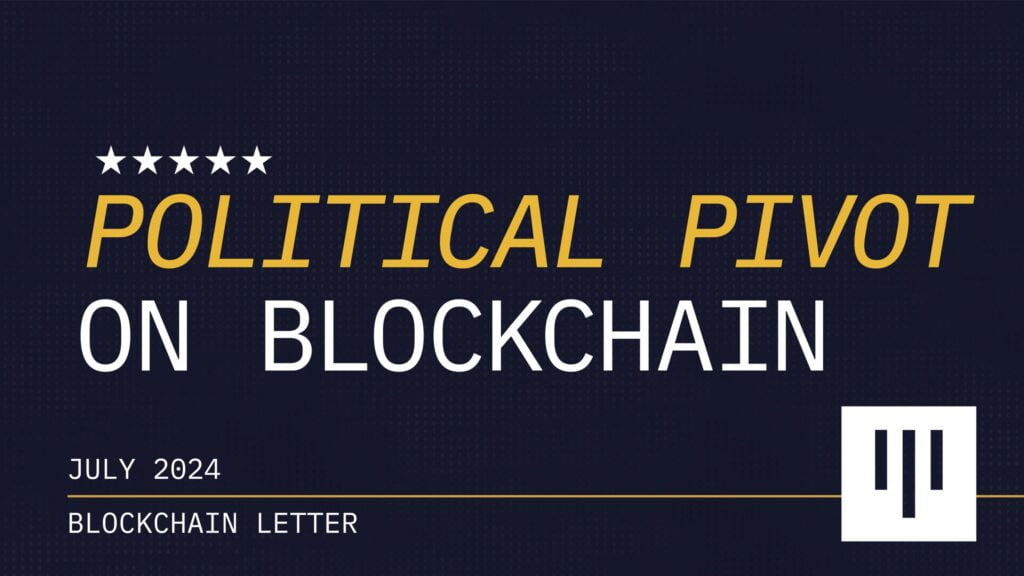Podcast Summary
In this podcast, the host discusses the potential approval of an ETH spot ETF, the increasing competition in the staking space, and the concept of programmable trust. The host also explores the yield rates of different platforms, the role of token incentives in staking diversity, and the potential of Igon Layer. The episode concludes with a discussion on the challenges of content moderation in decentralized platforms and the impact of US Treasury sanctions on crypto mixers like Tornado Cash.
Key Takeaways
ETH Spot ETF Approval and Staking Competition
- ETH Spot ETF Approval: The host speculates that the SEC’s stance on Ethereum as a security seems to be softening, increasing the chances of approving spot BTC ETFs and allowing grayscale to convert their trust into an ETF. The host estimates that spot ETH ETF approval could happen in December, January, or February.
- Staking Competition: The host discusses the increasing competition in the staking space, with initiatives like Diva’s vampire attack and other protocols taking stake away from Lido. The host suggests that Ledger Live should support multiple legitimate staking services to provide users with more options and distribute the staking market share.
Yield Rates and Token Incentives
- Yield Rates: The host compares the yield rates of different platforms, debunking the notion that Lido has the best yield. The host notes that the yields of different platforms range from 4.4% to 4.7%, with some outliers like a whale entity with a 5.3% yield.
- Token Incentives: The host explains that token incentives play a crucial role in improving staking diversity and attracting users away from larger players like Lido. The host highlights the importance of token value in incentive programs, stating that higher token market caps make the rewards more attractive.
Programmable Trust and Igon Layer
- Programmable Trust: The host introduces the concept of programmable trust, explaining that Igon Layer aims to leverage Ethereum’s existing infrastructure and economic security to program trust into applications like data availability layers and oracle networks.
- Igon Layer: The host expresses optimism about Igon Layer’s potential to cannibalize off-Ethereum use cases, particularly in the data availability layer. The host acknowledges the concerns about overloading Ethereum’s economic security and consensus but suggests that the igon layer can be built in a way that does not compromise validators’ security and stability.
Content Moderation and Crypto Mixers
- Content Moderation: The host discusses the potential challenges faced by farcaster in transitioning to a permissionless model, highlighting the importance of effective content moderation for user experience.
- Crypto Mixers: The host shares a tweet from Arkham, stating that Tornado Cash remains the largest crypto mixer on Ethereum, even after US Treasury sanctions. The host notes that the majority of users still utilizing Tornado Cash are likely bad actors, such as those targeted by sanctions, including entities like North Korea.
Sentiment Analysis
- Bullish: The host expresses optimism about the potential approval of an ETH spot ETF and the potential of Igon Layer to cannibalize off-Ethereum use cases. The host also acknowledges the role of Coinbase in bringing a significant number of people into the crypto space.
- Bearish: The host advises caution in setting high expectations for Ethereum-related developments, citing previous disappointments with delays in projects. The host also expresses concerns about the challenges of content moderation in decentralized platforms like farcaster.
- Neutral: The host maintains a balanced view on the yield rates of different platforms, debunking the notion that Lido has the best yield. The host also discusses the impact of US Treasury sanctions on crypto mixers like Tornado Cash, noting that bad actors will always find ways to mix their assets.













